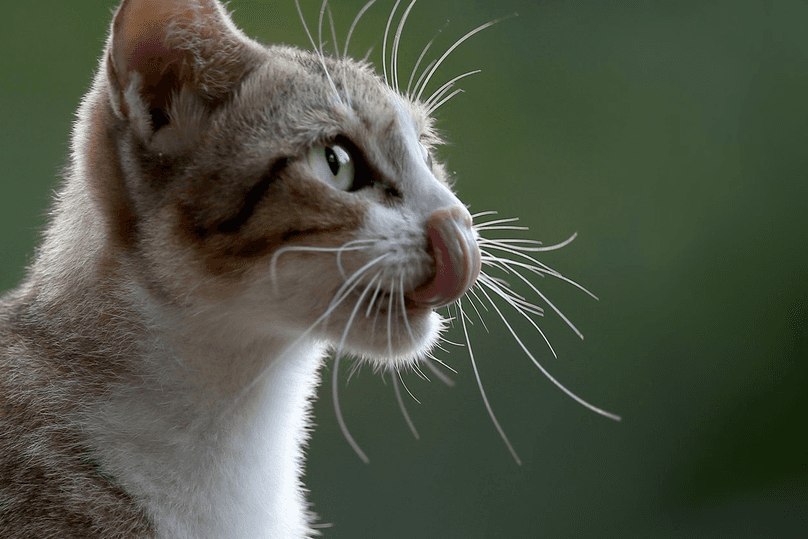
Cat Swollen Lip Q & A
Q: Sassafras, my indoor cat, developed a fat upper lip this week. Her veterinarian diagnosed a rodent ulcer and prescribed a steroid. What causes rodent ulcers? Could Sassy have eaten a mouse?
A: Rodent ulcers are named for the appearance of the cat’s lips. One or both upper lips become excessively thick, like rodent lips, and sometimes ulcerated.
A rodent ulcer, also called an indolent ulcer, is one manifestation of feline eosinophilic granuloma complex, or EGC, a fancy name for skin lesions that contain white blood cells called eosinophils, or “eos,” which are part of the immune system.
Eos are associated with allergy and parasites, so it should come as no surprise that rodent ulcers and other forms of EGC most often are caused by allergies—not by eating rodents.
Sassy is likely allergic to flea saliva, pollens or even some ingredient in her food. Steroids block the allergic response and effectively treat rodent ulcers.
But you’ll also need to address the cause of her allergy. Often it’s fleas, though you probably won’t find any on Sassy if she removes them as she grooms. Nevertheless, flea bites can trigger allergies, so use a flea control product throughout the year.